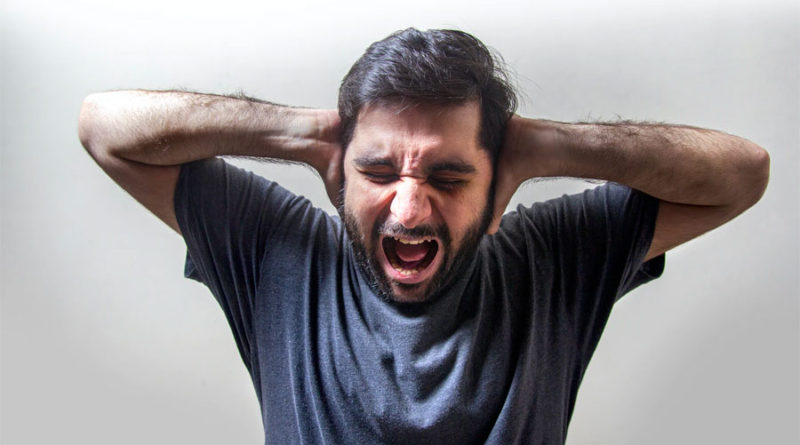Could You Be Bipolar?
There are people who may appear very depressed at one moment time then turn extremely energetic or over excited the next minute. These folks may most likely be suffering from a condition known as bipolar depression (sometimes called manic depression). This is a psychological condition that causes a person’s mood to suddenly change from manic (very high levels) to depression (very low levels). This problem is often the result of various factors such as very stressful situations, emotional problems, lifestyle factors, and genetically related body conditions.
It’s been seen that bipolar depression usually starts during the later stages of teenage hood, and if left untreated, can slowly progress into adult hood. All races, genders, and age groups can be affected by it. Anyone can develop bipolar depression.
Bipolar depression has three episodes that are oftentimes experienced by individuals with this condition. The first episode is the manic phase. In this stage, the patient generally experiences a high sense of positive mood conditions that can include experiencing racing thoughts, a strong urge to spend, a high sexual drive, and difficulty in falling asleep among others. These feelings make it hard for the patient to properly concentrate on issues surrounding him/her while simultaneously he/she may also feel agitated towards other people.
The second episode of bipolar depression is the depression phase. Low mood levels are experienced by the patient during this stage. He/she may suffer from a sense of hopelessness, and sometimes, may even harbor suicidal thoughts.
The mixed bipolar is the third episode. In this episode, both the manic and depressive episodes manifest together. Their symptoms are not usually fully blown as they are when seen in their respective episodes. In a mixed bipolar episode, the patient may, for example, experience a sense of hopelessness while feeling highly energized at the same time.
Bipolar depression cases have three categories. Bipolar I disorder is the first. In this category, the patient experiences at least one manic episode present or absent any previous episodes of depression. Bipolar II disorder is the second category. In this category we may see the patient experiencing at least one episode of depression and at least one manic episode. The third category is known as Cyclothymia and this usually is a mild type of bipolar depression. When the patient suffers from Cyclothymia, both the elevated and depressed moods are not experienced in an intense manner.
Psychiatrists help treat bipolar depression by listening and counseling to their patients. Medications are prescribed if the need arises. Bipolar drugs used include anti-seizure medication, antidepressants, and mood stabilizers. Anti-seizure medication and mood stabilizing meds are used to prevent the shifting from manic episodes to depression episodes. These drugs work by stabilizing and regulating the patient’s mood.



